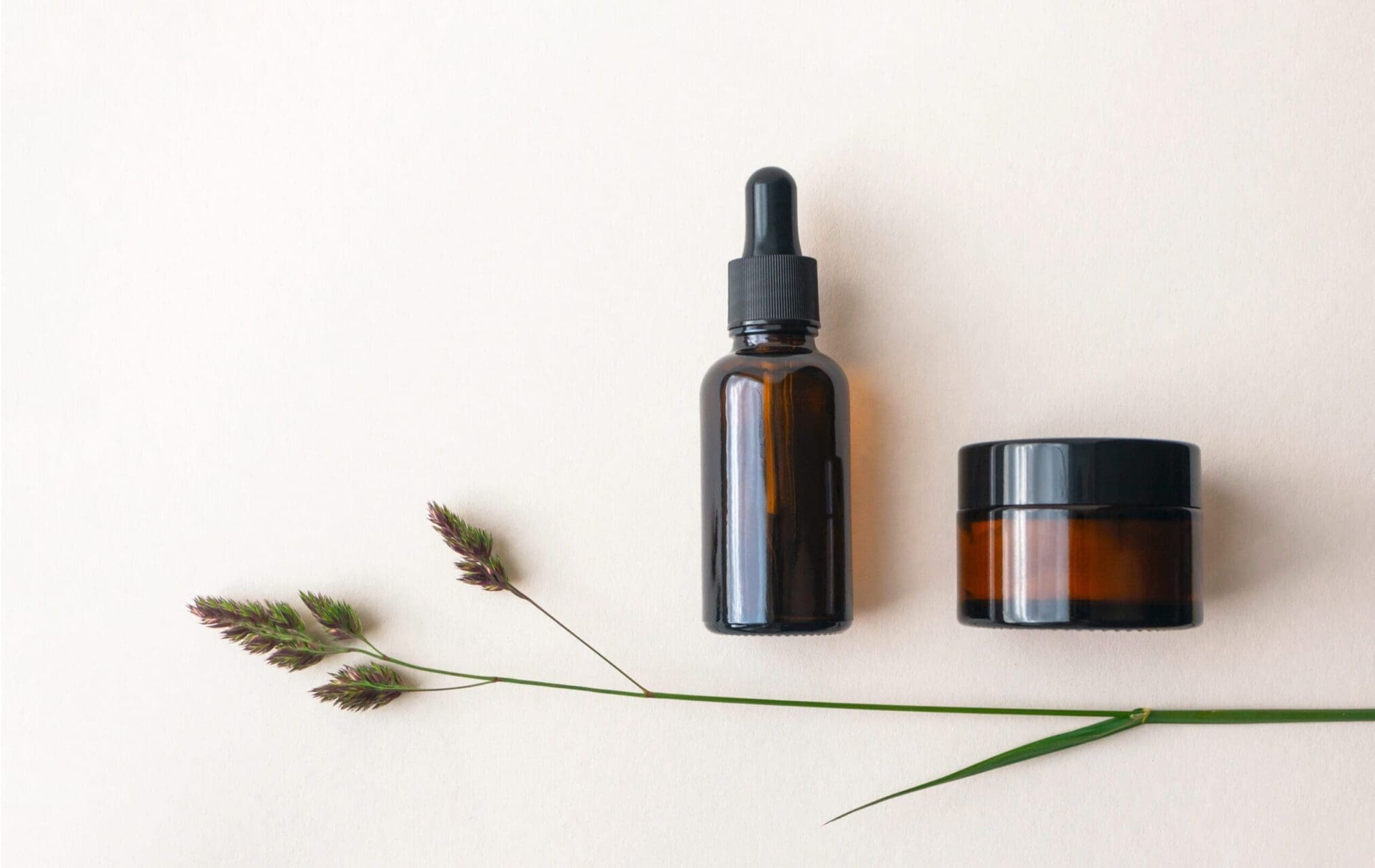What is Cetylpyridinium Chloride?
Cetylpyridinium Chloride is a well-known raw material with great potential in the prevention of microbial spoilage of various types of products including cosmetics. Despite these characteristics, Cetylpyridinium Chloride is currently not allowed for use as a preservative in EU cosmetic products, as it is not included in the Annex V – Allowed preservatives to be used in cosmetic products of the 1223/2009/EC Cosmetics Regulation
Nevertheless, Cetylpyridinium Chloride is commonly used in cosmetics in Europe in mouthwashes, deodorants, and other cosmetic products with functions other than preservative
Will Cetylpyridinium Chloride be allowed as a cosmetic preservative in the EU?
In 2011 data was submitted to the SCCS to demonstrate the safety of Cetylpyridinium Chloride as a preservative in several categories of cosmetic products focusing on oral care products, skin lotions, creams and anti-perspirant deodorants, with different restrictions. The SCCS issued an Opinion considering all the information submitted by March 25th, 2015 which is still open for comments until May 29th, 2015.
If this Opinion will be accepted, Cetylpyridinium Chloride will be a NEW cosmetics PRESERVATIVE to be used in:
– Mouthwashes and other oral hygiene cosmetic products up to 0.1% concentration
– Skin lotions and creams up to 0.2% concentration
– Anti-perspirant deodorants up to 0.2% concentration
The limitations are in place to prevent potential skin, eye and oral mucosal irritations. Cosmetic sprays are an exception to this
Cetylpyridinium Chloride has shown not to be safe for use in cosmetics in the following situations:
– More than one oral care cosmetic product with Cetylpyridinium Chloride being used at the same time
– Oral and skin cosmetic products with Cetylpyridinium Chloride being used simultaneously
Conclusion
The use of cosmetics ingredients in Europe is often under the review by the SCCS and several opinion papers are open for feedback from the industry. In a moment when several preservatives are being restricted due to safety concerns, like Parabens or those releasing formaldehyde, Cetylpyridinium Chloride is potentially a good alternative. Once the SCCS opinion on Cetylpyridinium Chloride closes, the conditions in which this ingredient can be used as a preservative will be established.
Cosmetics manufacturers and their Responsible Person should closely follow the updates from the SCCS to take the right decisions towards continuous cosmetic product compliance on the EU market.
Need more information? Contact us now!


